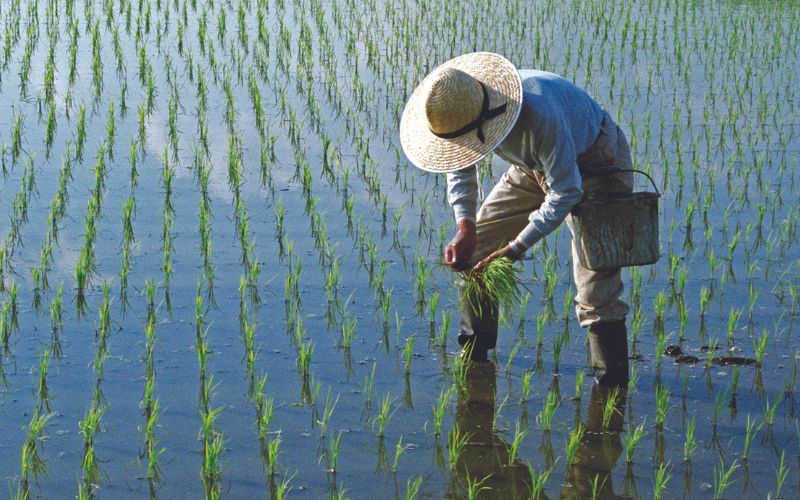Blueprint for change: how a training manual will support pesticide risk reduction in Uganda
In the evolving landscape of pesticide regulation and safety, well-crafted training manuals are indispensable tools. They ensure that people who use pesticides can effectively navigate and implement risk reduction strategies. These knowledge resources can become a blueprint for changing behaviour around pesticides.
Changing behaviour around pesticide use can make farming safer – here’s how
Chemical pesticides can be an important part of a pest management strategy, helping to prevent food losses and waste. Synthetic fungicides, herbicides and insecticides can effectively control pest threats, and this is beneficial for food production. However, pesticides have a downside. They pose a health risk to consumers, farmers, animals and the environment. These risks…
Types of biological control: augmentative, conservation and classical
Biological control, also called biocontrol or bioprotection, is a method of pest control using other organisms, natural enemies, pathogens, semiochemicals and natural substances. Unlike some other methods of control in agriculture, bioprotection often has little to no side effects.
Pesticide risk reduction can contribute to food safety – here’s how
To mark World Food Safety Day on 7 June, with the theme of the year “Food safety: prepare for the unexpected“ we take a look at the ways in which the PlantwisePlus pesticide risk reduction pathway can contribute to safer food production.
Parasitic wasps play pivotal role in Kenya’s papaya mealybug control
Papaya mealybug (Paracoccus marginatus) is a devastating papaya pest. It impacts many countries in East and West Africa. Infestations can result in significant economic losses, posing a threat to the livelihoods of smallholder farmers. On average, the pest can cause anywhere from 53% to 100% crop losses, costing £2,224 per hectare annually. Its impact on…
Five yield-threatening pests and diseases of rice
Pests and diseases of rice are a significant constraint in rice production, accounting for up to 30% of yield losses. Rice is cultivated in over 100 countries and is a staple food source for over half the world’s population. Therefore, the sustainable management of rice pests and diseases is essential if we are to feed…










